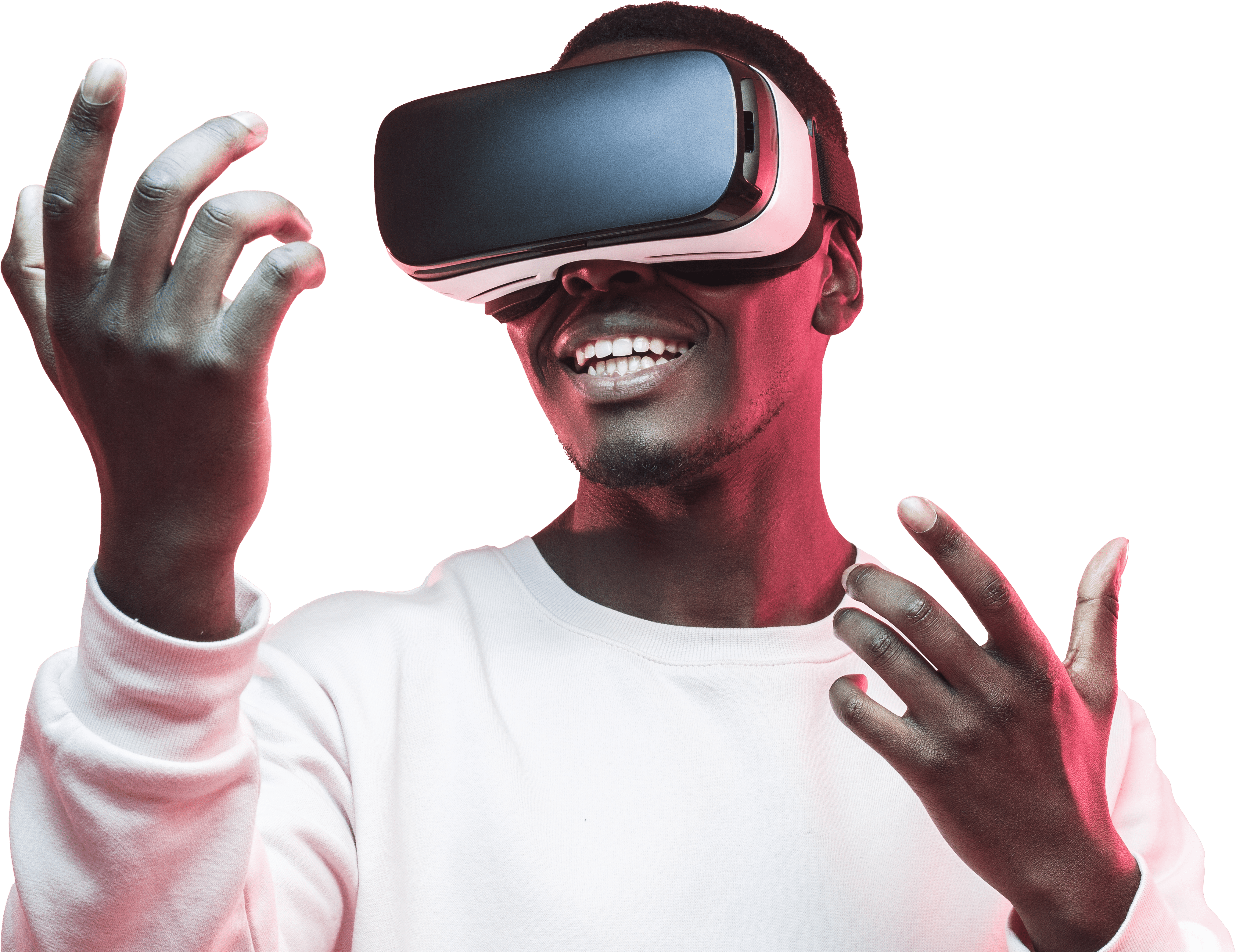The combination of AI and quantum technologies is laying the foundations for a quantum revolution, but still imperceptibly to the general public. This report is intended to prepare us for when this revolution comes.
Quantum technologies
Quantum technologies are a set of techniques and tools that are based on the laws of quantum physics and are used to address the resolution of complex problems. They are grouped into three large groups:
- Quantum computing, which is used to perform faster and more accurate calculations than classical computers.
- Quantum communication, which allows the secure transmission of information over great distances and potentially at higher speeds than classical communications.
- Quantum measurement (also called quantum sensors
), which refers to the use of quantum phenomena
to measure and detect very weak signals.









